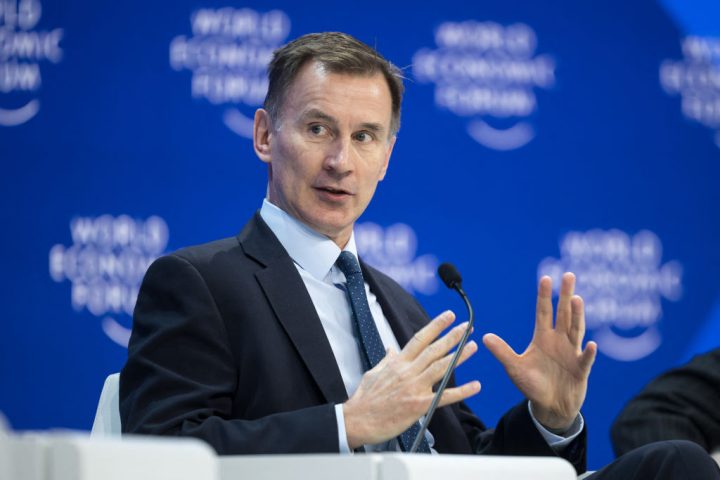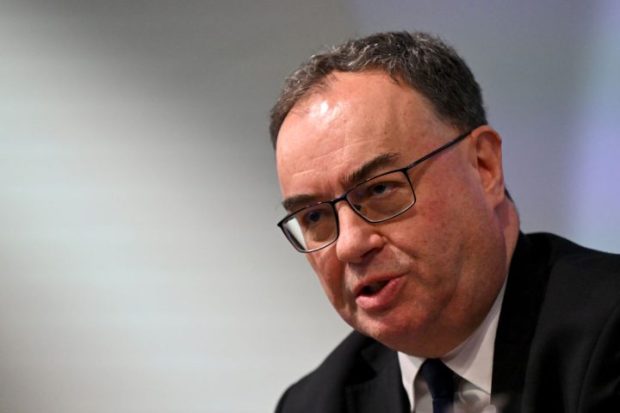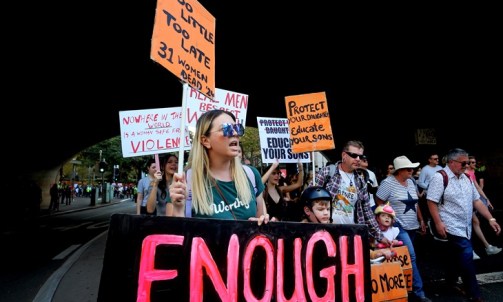Does Jeremy Hunt have the cash to spend on tax cuts in his spring Budget next week? That’s the billion pound question that the Institute for Fiscal Studies (IFS) focused on during its pre-Budget briefing this morning, hosted by Director Paul Johnson and Deputy Director Carl Emmerson.
As Ross Clark notes on Coffee House, the latest rumours suggest that the Chancellor is pivoting away from an income tax, inheritance tax or stamp duty cut (the last of which is considered most desirable by economists, including those over at the IFS, due to how badly it distorts the housing market and weighs down...
Already a subscriber? Log in
Subscribe for just $2 a week
Try a month of The Spectator Australia absolutely free and without commitment. Not only that but – if you choose to continue – you’ll pay just $2 a week for your first year.
- Unlimited access to spectator.com.au and app
- The weekly edition on the Spectator Australia app
- Spectator podcasts and newsletters
- Full access to spectator.co.uk





















Comments
Don't miss out
Join the conversation with other Spectator Australia readers. Subscribe to leave a comment.
SUBSCRIBEAlready a subscriber? Log in